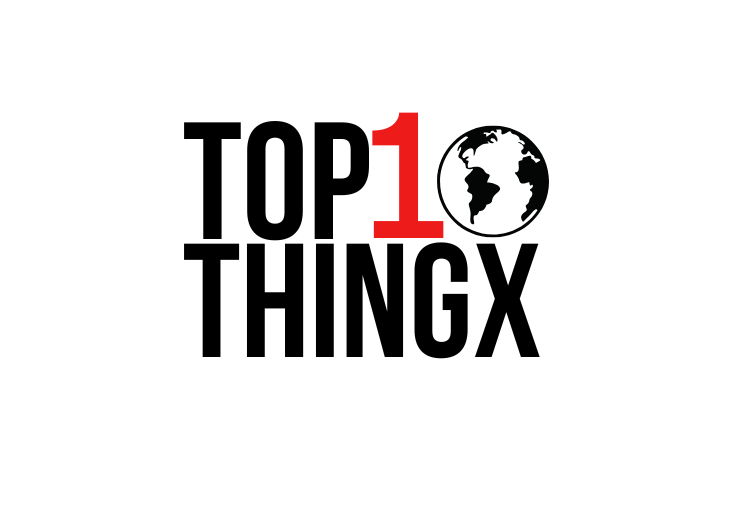
The demand for effective mental health care has never been higher. Rising stress, anxiety, and depression rates, coupled with limited access to traditional therapy, have fueled the growth of digital mental health solutions. These innovations combine psychology, technology, and personalized care to make wellbeing support more accessible, affordable, and stigma-free.
From AI-driven therapy apps to wearable stress trackers, digital tools are reshaping the way we understand and improve mental health. In this article, we explore the top 10 digital mental health solutions making a difference in 2025.
1. AI-Powered Therapy Apps
Apps like Wysa and Woebot use AI for mental health to provide instant emotional support. These apps guide users through evidence-based techniques such as CBT (Cognitive Behavioral Therapy), mindfulness, and journaling. Available 24/7, they act as a first step for those hesitant to seek face-to-face therapy.
2. Teletherapy Platforms
One of the most impactful digital mental health solutions has been the rise of teletherapy platforms such as BetterHelp and Talkspace. These platforms connect users with licensed therapists through video calls, chat, or phone sessions, breaking geographical and scheduling barriers while maintaining professional care.
3. Digital Wellbeing Tools
Digital wellbeing tools help users manage stress, screen time, and burnout. Popular apps like Headspace, Calm, and Forest support meditation, sleep improvement, and focus management. With reminders, habit trackers, and gamification, these tools build long-term resilience in everyday life.
4. Virtual Reality (VR) Therapy
VR therapy has emerged as a groundbreaking method in mental health. Using immersive environments, patients can gradually face phobias, PTSD triggers, or social anxiety in a safe, controlled setting. VR meditation spaces also help people reduce stress by transporting them into calming, nature-inspired virtual worlds.

5. Wearables and Biosensors
Wearable devices such as Fitbit, Oura Ring, and Apple Watch are more than fitness trackers—they’re now wellness monitors. By measuring sleep quality, heart rate variability, and stress levels, these wearables provide insights into mental wellbeing and suggest proactive lifestyle adjustments.
6. Peer Support Communities
Social connection is a vital part of mental health, and online peer support platforms make this possible. Services like 7 Cups create digital spaces where individuals can share struggles with trained listeners or join moderated group discussions. These communities reduce feelings of isolation and foster emotional resilience.
7. Gamified Mental Health Programs
Gamification has become a creative way to encourage consistent engagement. Platforms like SuperBetter transform therapy into challenges and rewards, making mental health practices less intimidating. Cognitive training games also help users improve focus, memory, and emotional regulation while having fun.
8. Voice and Emotion Recognition
Advanced wellness technology now includes apps that analyze speech patterns to detect emotional distress. By examining tone, pitch, and pacing, these tools can identify early signs of anxiety or depression. This data allows interventions before conditions worsen, especially in crisis management hotlines.
9. Personalized AI Insights
Machine learning is enabling hyper-personalized care. These digital mental health solutions analyze user data—sleep, mood, activity—to recommend tailored exercises, relaxation methods, or coping strategies. Predictive AI can even identify relapse risks, empowering individuals and clinicians with proactive treatment options.

10. Neurofeedback and Brain-Computer Interfaces (BCIs)
At the frontier of mental health technology, neurofeedback and BCIs give real-time feedback on brainwave activity. Devices like Muse Headband help users train focus, reduce stress, and enhance mindfulness. While still emerging, these tools represent the future of deeply personalized mental health care.

Key Benefits of Digital Mental Health Solutions
- Accessibility: Support is available anytime, anywhere.
- Affordability: Many apps are low-cost or free, making mental health care scalable.
- Privacy: Users can seek help discreetly, reducing stigma.
- Personalization: AI ensures care adapts to individual needs.
- Preventive Care: Wearables and apps detect early warning signs.
Challenges to Overcome
Despite the benefits, challenges remain:
- Data Security: Protecting sensitive user data is critical.
- Clinical Validation: Not all apps are backed by science.
- Equity: Access gaps exist for those without digital literacy or resources.
- Overreliance: Technology complements but cannot replace human empathy and expertise.
The Future of Digital Mental Health
Looking ahead, the next wave of innovation will bring even more powerful solutions:
- Integration of wearables, apps, and therapy into one connected ecosystem.
- Emotion-responsive environments that adapt in real-time to stress levels.
- Stronger ethical frameworks to ensure fairness and transparency in AI-based therapy.
- Expanded use of VR and AR for everyday stress management.
The potential of digital mental health solutions to transform global wellbeing is just beginning.
Conclusion
The mental health crisis demands scalable, accessible, and innovative responses. From therapy apps to neurofeedback tools, these digital mental health solutions provide fresh pathways to healing and resilience. While challenges exist, the benefits of improved accessibility, personalization, and proactive care make them indispensable in modern healthcare.
As technology and psychology continue to merge, the future of mental health looks brighter, more inclusive, and more connected than ever before.
What are digital mental health solutions?
Digital mental health solutions are technology-based tools—like apps, wearables, and online platforms—that help individuals manage mental health conditions, improve wellbeing, and access therapeutic support remotely.
What are the top digital mental health tools in 2025?
Some leading tools in 2025 include AI-powered therapy apps (Wysa, Woebot), teletherapy platforms (BetterHelp, Talkspace), VR therapy environments, wearable biosensors (Oura Ring, Apple Watch), and brain-computer interfaces like Muse.
Are AI therapy apps effective for mental health?
Yes, AI therapy apps use evidence-based techniques such as Cognitive Behavioral Therapy (CBT) and mindfulness to provide immediate emotional support. While not a replacement for human therapists, they are effective for early intervention and self-management.
